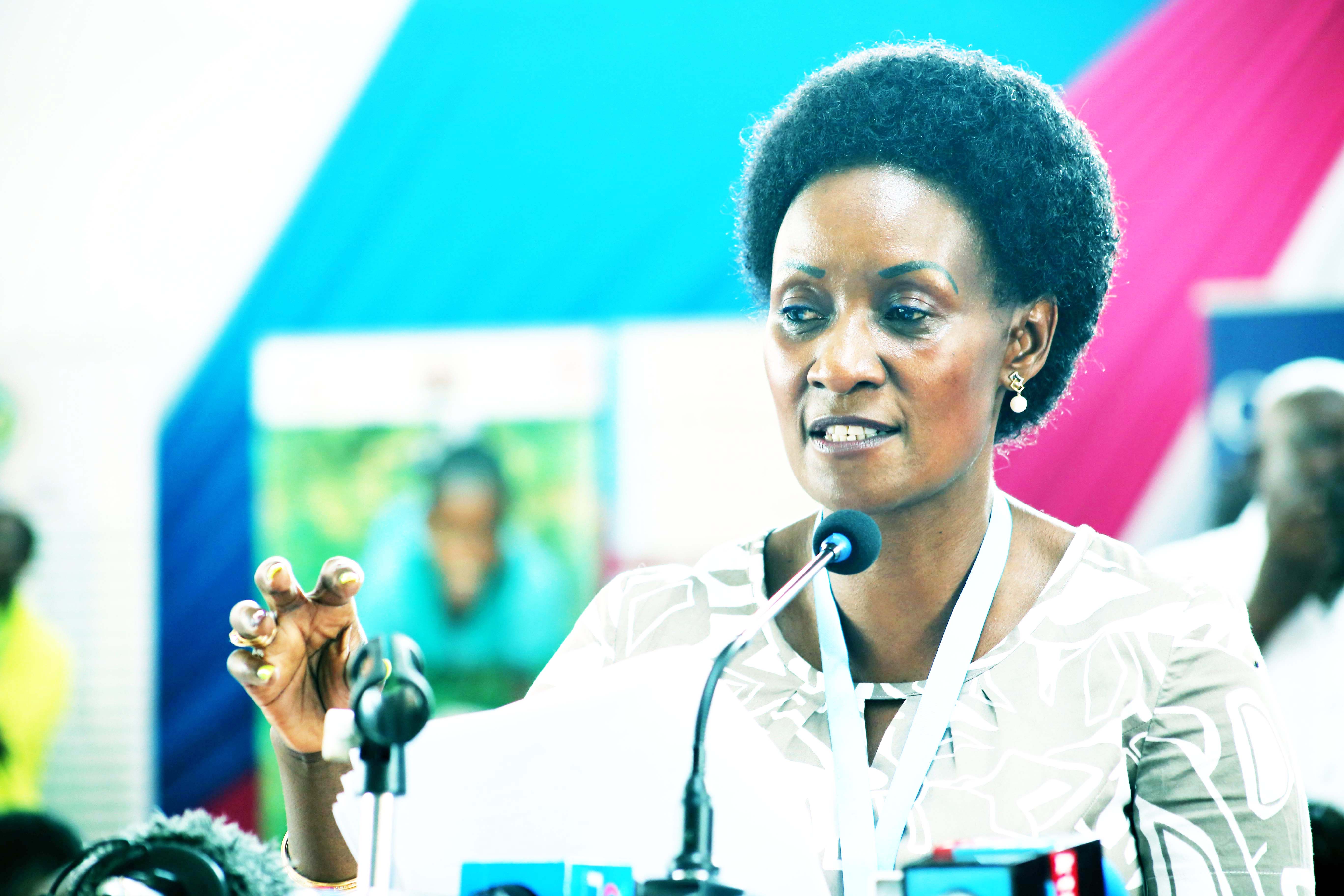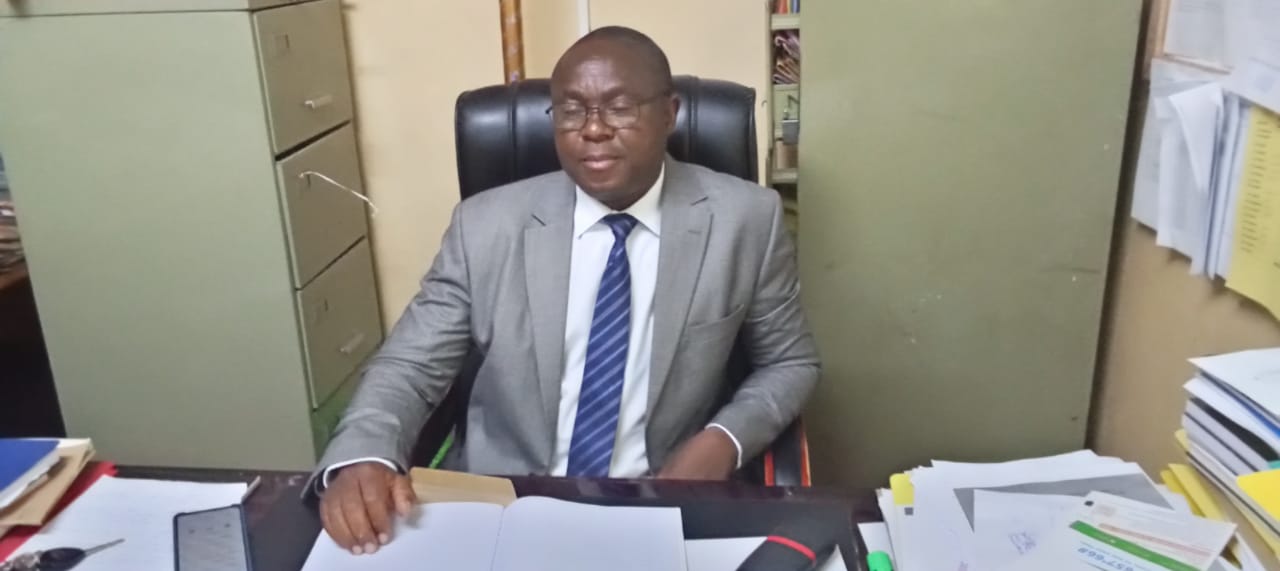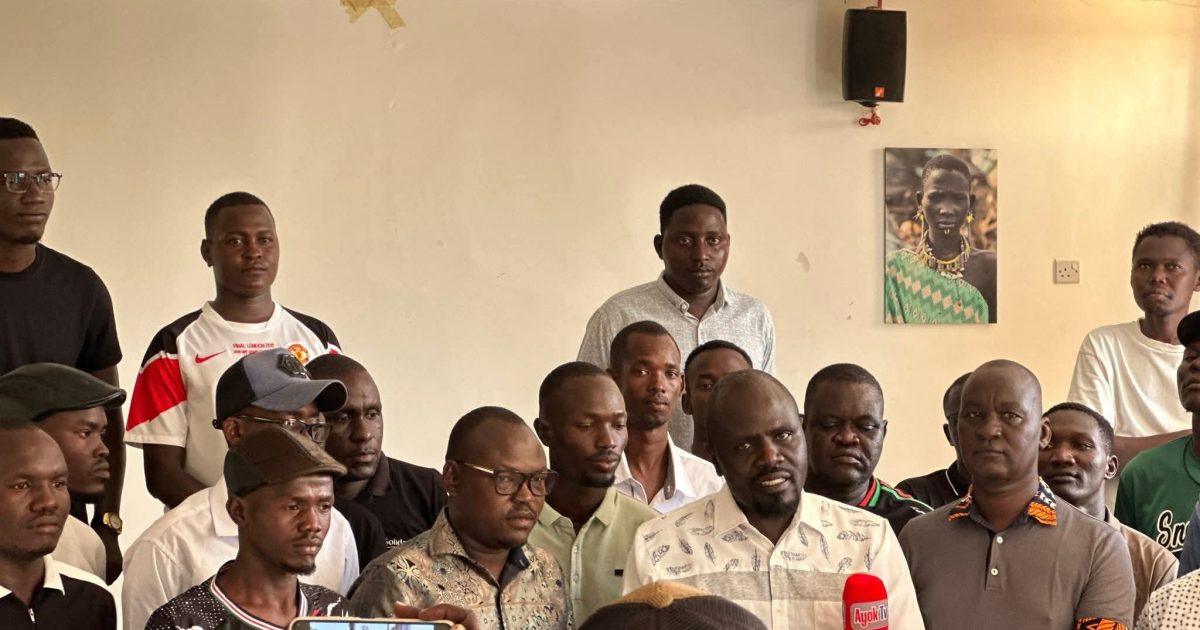By Our Reporter
Teachers Service Commission (TSC) will deploy 36,341 P1 teachers who have acquired higher qualifications to teach at lower secondary schools to meet staffing needs following the roll-out of new curriculum.
In a report titled, Status Report on Teacher Preparedness for Competence Based Curriculum Implementation, presented before the Parliamentary Committee on Education, TSC said that it will deploy the P1 teachers who hold diplomas, higher diplomas, undergraduate degrees, Post-graduate diplomas, masters and PHDs to serve at junior secondary levels at various institutions across the country.
The report read by the Commission Chief Executive, Nancy Macharia noted that 18,076 employed as P1teachers had acquired degrees and 17,758 higher diplomas by end of October, 2018.
It also notes that 486 have attained master’s degrees, 11 postgraduate diplomas and 5 have diplomas with the same number being PhD holders.
Under the new curriculum, junior secondary school education for Grades 7,8 and 9 just like the senior secondary (Grades 10,11 and 12) level will take three years to complete.
The new curriculum, which was fully rolled out in January this year, will be implemented progressively from the lower class to the higher classes as it seeks to enable learners to acquire life skills.
Unlike the former system where learners crammed for the sake of passing examinations, the new system seeks to encourage learners to use their competencies in solving some of the problems.
Lower secondary will be the next level after upper primary in the new education system.
Learners are expected to be exposed to a broad based curriculum to enable them explore their own abilities, personality and potential as a basis of choosing subjects according to career paths of interest at the senior school.
They will also undergo a rigorous career guidance programme and be exposed to the related subjects to enable them to make informed choices as they transit to senior school and subjects here will be classified either as core or optional.
The curriculum was piloted in 2017 between May and September across 470 schools, 10 in each county. Its actual implementation started in January 2018, covering pre-school and will continue until the last batch sits Form Four exams in 2026.
Besides, 96,522 primary school teachers were trained on the CBC in 2017 and 79,760 in pre primary during training sessions aimed at enhancing its delivery.
This year pre-service teachers will continue training on the new education system.
According to the report, 16,711 teachers with P1 certificates have acquired diplomas and degrees, which were submitted to the Commission, between 8th January 2014 and July 2017.
The Commission has acknowledged the submission of the credentials in which 8,499 and 8,212 had diploma and degree qualifications.
The ministry has ring-fenced budgeting for the curriculum reforms from the year 2019/2020. The cost of the initiative from Pre Primary 1, Pre Primary 2 up to Grade 4 will be approximately Sh500 billion for the first four years.
However, it is worth noting that the training of teachers under the CBC is a continuous process and the phase two of early years teacher training was carried out from 17th to 21st December 2017 in all the education zones of the country and 98,000 teachers were trained through the Tusome project.
The 2-6-3-3-3 model places emphasis on formative years of learning where learners will spend a total of 17 years.






